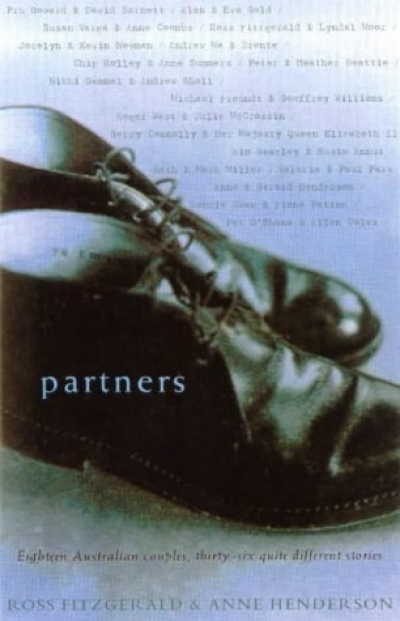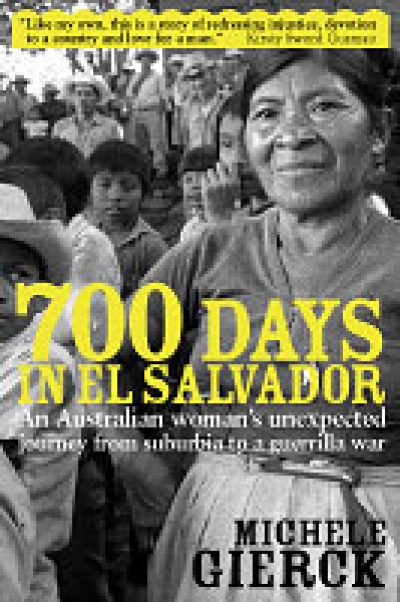Accessibility Tools
- Content scaling 100%
- Font size 100%
- Line height 100%
- Letter spacing 100%
Current Issue
Short story
'Contributory Negligence', a new story by Stevi-Lee Alver
[after the painting of the same name by Daniela Bradley, 2012]
Contributory Negligence n. 1 occurring in circumstances of negligent conduct on the plaintiff’s behalf that has contributed to the harm they’ve suffered.
Commentary
Covid on the brain: The irresistible rise of brain fog
It was, inevitably, in a Zoom meeting that I first noticed the phrase. A colleague, excusing some minor oversight, explained it away with the words: ‘Sorry, Covid brain fog.’ Although I hadn’t consciously registered the expression before, I knew exactly what she meant.
The ABR Podcast
PODCAST
The ABR Podcast
The ABR Podcast is released every Thursday and features reviews, poetry, fiction, interviews, and commentary. Subscribe via iTunes, Google, or Spotify, or your favourite podcast app.
Interview
Michael Farrell is Poet of the Month
Interview
Publisher of the Month with Richard Walsh
Interview
Morag Fraser is Critic of the Month
From the Archive
Bookshapes - August 1979
A letterpress book, one of the last of the tribe! I picked it up with pleasure. A clean design (title-page a bit subdued, perhaps?); very consistent and even printing, with the pages beautifully backed up; the creamy Burnie MF a pleasant change from the whiter than white offset papers that we live with nowadays; the halftones (printed by offset) unexciting but passable. Pleasure turned to disappointment when I looked closer. The type (10pt Linotype Baskerville) must have been set from a worn old fount, for in most slugs there are fine hairlines of ink between the characters, and there are some characters in the magazine –notably a lowercase ‘e’ – that are out of alignment at their every appearance. Good presswork almost makes up for all this, but the Baskerville fount, which I am sure must have set many an OUP book in its day, is due for retirement. The book has coloured endpapers, to which I am partial, but printed color is no substitute for using a colored stock, as there are sometimes hints of streakiness. 2 picas.
From the Archive
Partners edited by Ross Fitzgerald and Anne Henderson
In Partners, the unstated question is how relationships can last if they are equal – that is if they are free as well as binding. There’s a suggestion that it was easier in the old hetero-patriarchal marriages where our parents accepted inequality and could turn to authority, within and outside the relationship, to see that it lasted. Not that most of the contributors address the question directly. But in the background, there’s the cheerful assumption that getting into partnership, not into marriage, we’re getting into equality as well – an assumption that’s not borne out by the stories we’re told in the book. Maybe we are freer (at least from outside interference) and more equal than we were; but almost every partnership here turns on, is said to turn on, unequal devotion, one partner devoted, the other devotee.
From the Archive
700 Days in El Salvador by Michele Gierck
Michele Gierck’s account of her years spent working as a human rights advocate in El Salvador raises the problem of how to understand other people’s lives. Early in 700 Days in El Salvador, she distinguishes between the two Spanish infinitives for the verb ‘to know’. Saber means to gain an understanding intellectually, through books or art, through a representation. Conocer is to understand by experiencing something directly, to live through it or to witness it oneself. Gierck’s passionate work on behalf of the Salvadorean peasants, or campesinos, is testament to her conviction that to conocer is truly to know. She attributes an inviolable sanctity to the stories of those on the ground, who witnessed the misery and fear in El Salvador during the decade of civil war and its equally troubled aftermath.




























